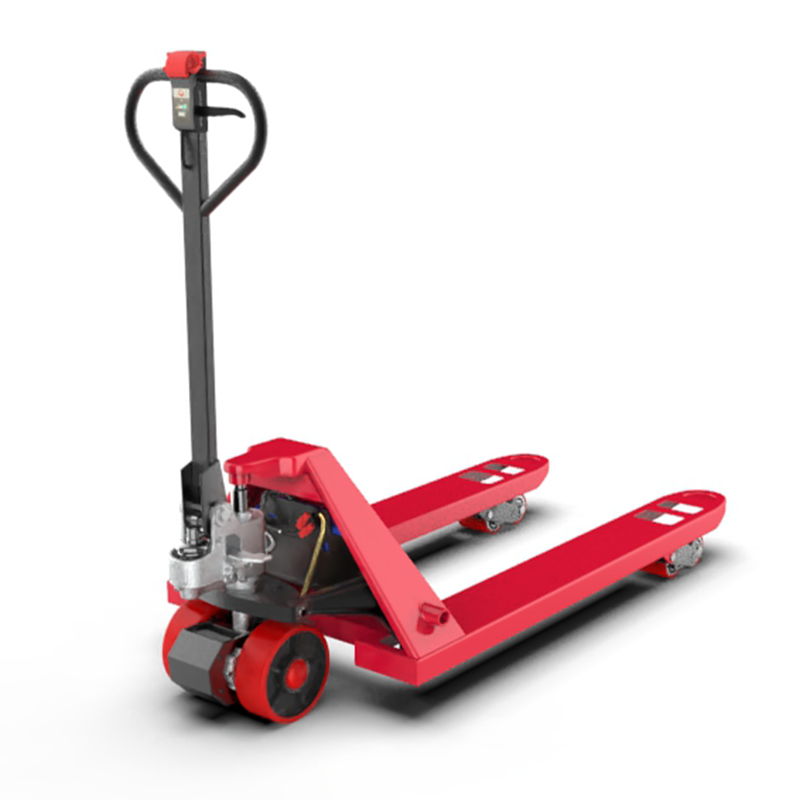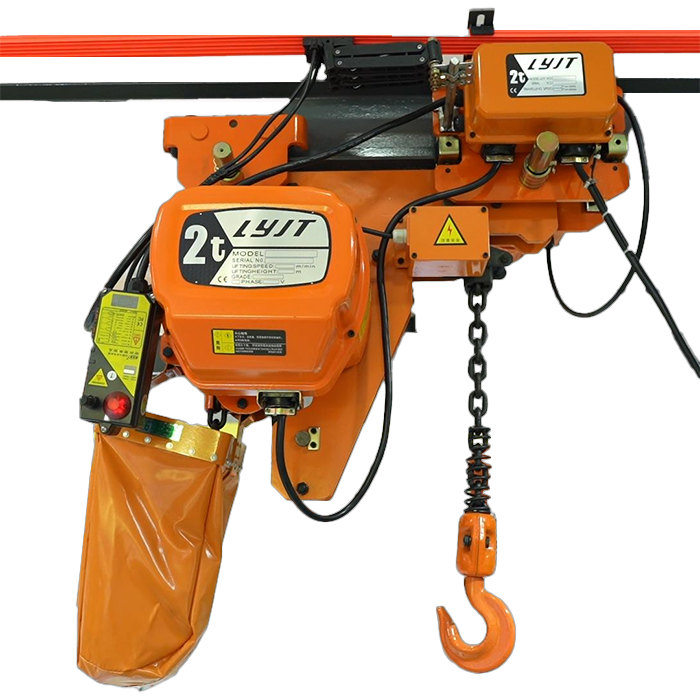The Development of Electric Hoist Brands in the Global Market: How to Stand Out?
With the rapid development of the global economy, trade between countries has become increasingly frequent, providing vast market opportunities for the growth of electric hoist brands. However, soaring property prices and a sharp rise in labor and raw material costs have posed significant challenges for Chinese mechanical manufacturing companies. Advanced automation technologies in foreign countries far surpass those in China. Domestic electric hoist manufacturers in the lifting machinery industry have begun upgrading their products with automation, aiming to improve efficiency, reduce costs, and develop new integrated products.
Electric hoists, as a critical component of lifting machinery, are playing an increasingly vital role across various industries.
I. Intensified Market Competition
As globalization deepens, competition among enterprises worldwide has intensified, and the electric hoist industry is no exception. To thrive in this competitive landscape, electric hoist brands must continuously enhance their core competitiveness to meet market demands.
Firstly, brands should increase investment in R&D to elevate product technology and quality. For example, Hunter Group, an electric hoist manufacturer, has actively introduced advanced foreign production lines and collaborated with domestic peers to ensure widespread recognition of its products in terms of both quality and brand reputation.
Secondly, brands should prioritize innovation, developing proprietary intellectual property to gain a competitive edge. By enhancing brand value through continuous innovation, they can increase product added value and market competitiveness.
Finally, brands should strengthen internationalization efforts to boost global competitiveness. For instance, Hunter has registered trademarks overseas and actively expanded its international market, achieving notable success.
II. The Critical Role of After-Sales Service
As competition intensifies, after-sales service has become a key differentiator for electric hoist brands. Excellent service not only enhances customer satisfaction but also reinforces brand image and market share. Brands must therefore prioritize building robust after-sales systems to ensure timely and comprehensive support for consumers.
III. The Importance of Brand Building
In the globalized era, brand strength is a cornerstone of corporate competitiveness. A strong brand not only secures market share but also drives higher profits. Electric hoist brands must therefore focus on brand development, enhancing visibility and reputation to achieve sustainable growth.

In summary, the global market presents both opportunities and challenges for electric hoist brands. By continuously upgrading core competitiveness, refining after-sales services, and strengthening brand strategies, these brands can adapt to market dynamics and secure a competitive edge in the global tide. Only through such efforts can they remain invincible in the face of globalization.





